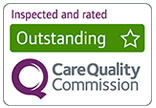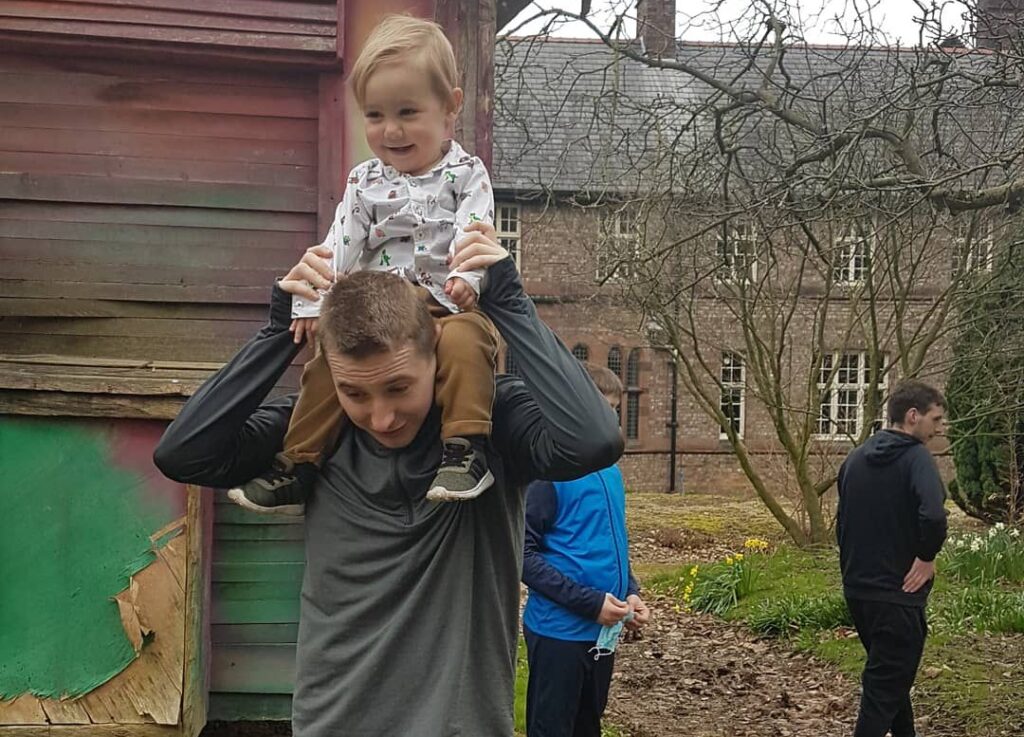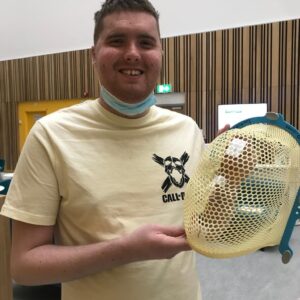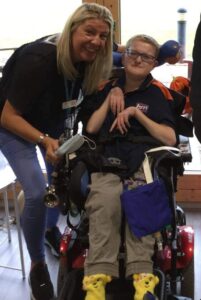When can I be referred?
We can take referrals for the Young Adult Palliative care service at any stage in your illness. This could be just after diagnosis, if you feel you need some support around your options or your fears/worries for the future.
This could be during your illness/treatment, when maybe things are not going as well as you hoped, or you feel worried for the future.
It could be following a relapse of your disease or a progression despite treatment when things feel very uncertain.
Or following the news that treatment hasn’t worked and future options of treatment are limited, or unlikely to work or your illness is progressing.
There is no right or wrong time for referral, its when it feels right for you.
Some people worry that if there are referred early, it will mean active treatment options won’t be explored fully, or that the referral will ‘jinx’ the outcome of their planned treatment. This is not the case. We are here to support you through the good and the bad. We will celebrate your ‘wins’ with you, and we will be here to support you through any setbacks. We will always remain hopeful alongside you, and if your treatment is successful, we will celebrate with you.
You may need further support following completion of treatment and adjusting back into normal life, or you may not need any further support. All these options are okay, and a part of the work we do. The service is not just about end-of-life care.
What we offer our Young Adults?
We will meet with yourself and the people most significant to you. This could be your parents, a sibling, or may be your partner/spouse or your best friend. Or a mixture of all of these. We are based in the hospice, but work across the hospice, hospital and community settings, so can see you wherever is best for you.
We aim to build supportive relationships with you and the people closest to you to guide you through your treatment journey and/or palliative and end of life care. The support you need is likely to vary over the course of your illness. There may be times when things are going relatively well, and you need very little support. This is okay. During this time, we may swap the odd text and not much more, but we’re always at the end of the phone if you need us.


 The young adult palliative care service is for any young adult aged 16-24(we take referrals up to 25th birthday) who has a life limiting condition like cystic fibrosis, heart failure, or Duchenne Muscular Dystrophy and are unlikely to live as long as their peers, or a life threatening condition like cancer, where there are potentially curable options, but these treatments may fail.
The young adult palliative care service is for any young adult aged 16-24(we take referrals up to 25th birthday) who has a life limiting condition like cystic fibrosis, heart failure, or Duchenne Muscular Dystrophy and are unlikely to live as long as their peers, or a life threatening condition like cancer, where there are potentially curable options, but these treatments may fail. We absolutely recognise that you are an adult, but we also realise that it can sometimes be scary to be treated as one when you are dealing with a serious illness.
We absolutely recognise that you are an adult, but we also realise that it can sometimes be scary to be treated as one when you are dealing with a serious illness. Just
Just